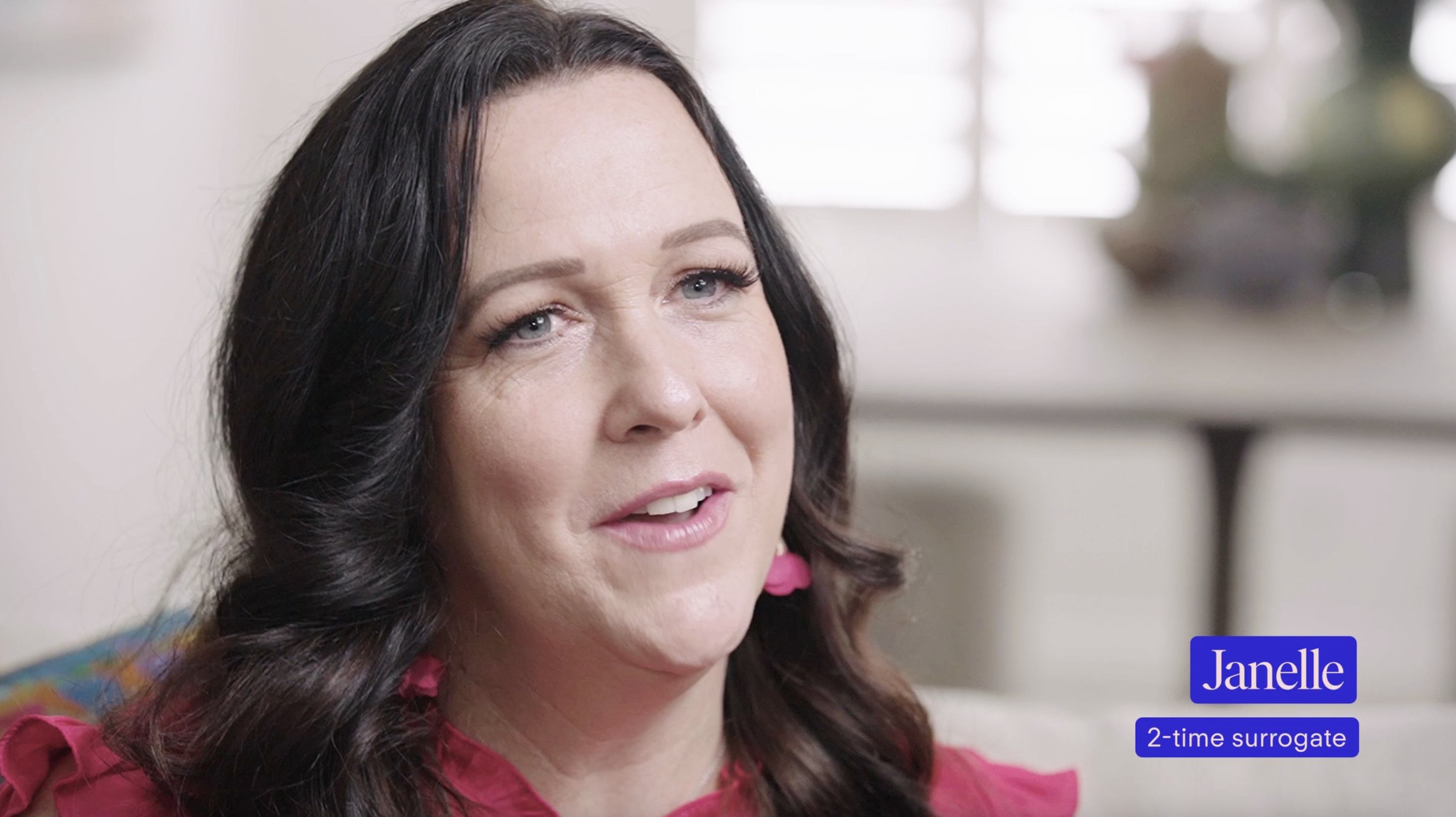parenthood.
The first step when researching surrogacy is to learn about the roles of the following (6) key services required to complete your journey.
- Surrogacy Agency
- Your IVF Clinic
- The Legal Process
- Escrow and Financial Management
- Insurances
- Mental Health
You may arrive at NewGen Families with some of these key service providers locked in already, which is great. If not, we can make referrals to our trusted partners in each key service area.

- Shipping of embryos to U.S IVF Clinic (if applicable).
- No deposit is required before surrogate matching.
- Referral to three clinic options by NewGen.
- Selection of your preferred clinic.
- Opening and funding of an escrow account.
- Initial deposit required before embryo creation.
- Sign clinic agreements and complete onboarding and FDA documentation.
- Intended parent medical examinations at the clinic.
- Completion of FDA testing.
- Selection of egg or sperm donor (if applicable).
- Egg retrieval and embryo cultivation.
- PGT-A testing of embryos.
Timing: Embryo creation can take approximately 2-4 months, but numerous factors can influence this timeline. International IPs can perform medical examinations, FDA testing, and sperm shipment in their local country.

- Consultation with NewGen’s Surrogate Program Director.
- Creation of your Intended Parent (IP) profile.
- Receive a surrogate profile from NewGen.
- If you like the profile, your IP profile will be shared with the surrogate.
- If the surrogate likes your profile, a match call will be scheduled.
- Participate in a match call with your Surrogate, facilitated by our team.
- If both parties agree to proceed, 50% of your journey funds must be transferred to your escrow account.
- Completion of IP onboarding documents, including the agency retainer agreement, IP information document, HIPAA release, and criminal background check.
- Your surrogate will travel to your IVF clinic for medical clearance
- Legal process to finalize Gestational Carrier Agreement (GCA), led by your attorney
- Surrogate insurance planning
- Joint Journey Prep Meeting with your surrogate, led by Embra Health

- Transfer the remaining 50% of journey funds to escrow before your surrogate commences her medication in preparation for the embryo transfer.
- Preparing your surrogate for embryo transfer.
- Embryo transfer takes place at your IVF clinic.
- Beta-HCG tests to confirm pregnancy. The first blood test is conducted approximately ten days after the transfer.
- If Beta-HCG is positive, a second test will be taken 48 hours later.
- If the second test is positive and your clinic is satisfied with the HCG levels, the pregnancy is officially confirmed.
- If the first Beta-HCG is negative, the next embryo transfer should be scheduled within 2 months
- Confirmation of your baby’s heartbeat via ultrasound.
- Between weeks 10-14 of pregnancy, you graduate from your IVF clinic, and your surrogate is released into the care of their local OBGYN.

- Your first OB appointment is in weeks 11-14. This includes first-trimester screenings if you request them.
- Anatomy scan conducted from week 18-22
- In between weeks 26-36, you will discuss the TDAP, Flu and RSV vaccines with your surrogate and her OB.
- Any other tests and ultrasounds recommended by the surrogate’s OB will take place during this time period.
- Around week 30, your Journey Manager will support you and your surrogate in creating the birth plan that is shared with the hospital.
- You will travel to your surrogate’s local area at least 2-3 weeks before the due date in preparation for your baby’s arrival at the nominated hospital.

- You will obtain the baby’s birth certificate from Vital Records.
- Exit process, including obtaining a birth certificate, passport and citizenship by descent. We have partners who can assist you with this process.
- Not all cities and states have a passport office, so be prepared to travel to collect your baby’s passport.
- 6 – 12 months post birth, once all medical bills have been submitted, your escrow account is closed, and any remaining funds are returned to you.
- You will obtain the baby’s birth certificate from Vital Records
- 6 – 12 months post birth, once all medical bills have been submitted, your escrow account is closed, and any remaining funds are returned to you.

Future Parents
We’d love to stay in touch, so please enter your details to download our Future Parent Journey & Cost Guide.
Surrogates
We’d love to stay in touch, so please enter your details to download our surrogate handbook. The handbook will give you a detailed overview of every stage of the journey.
















